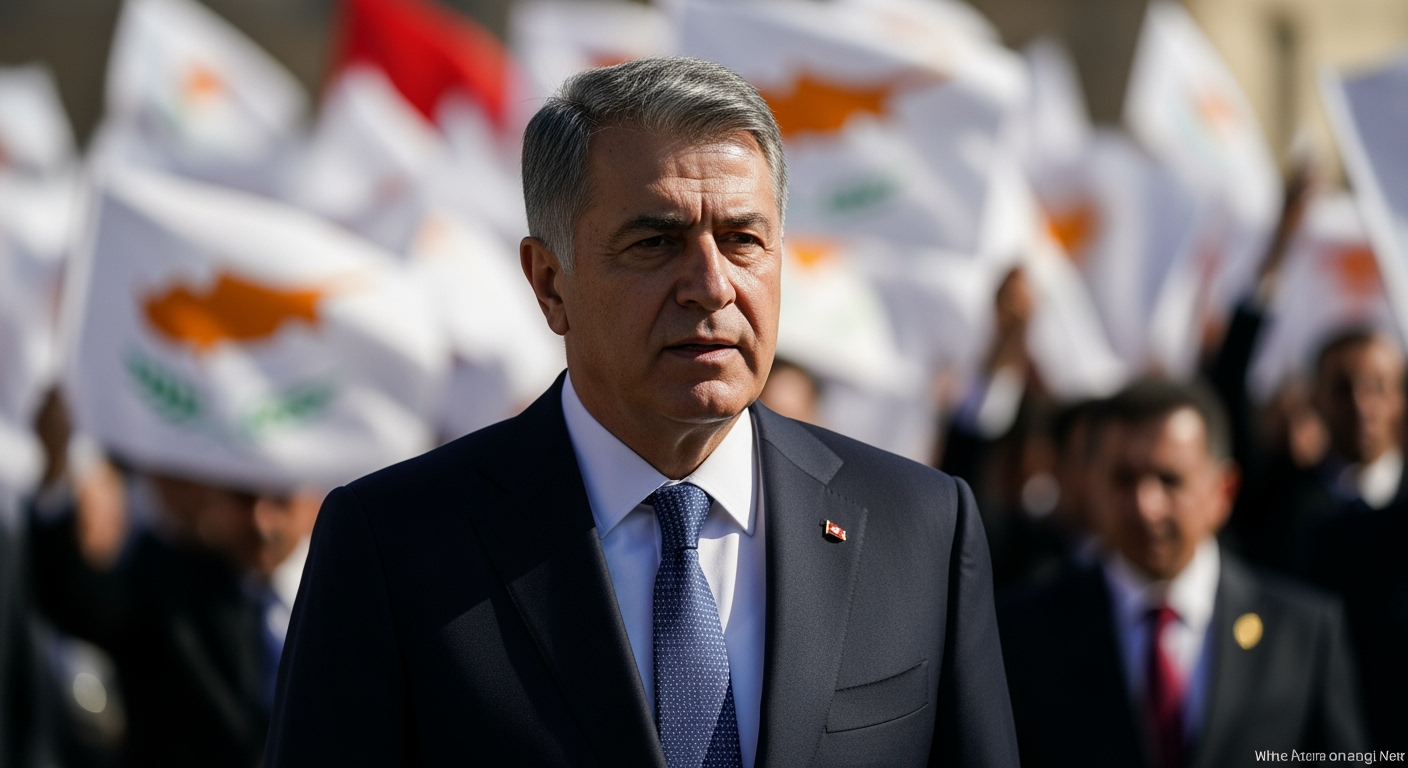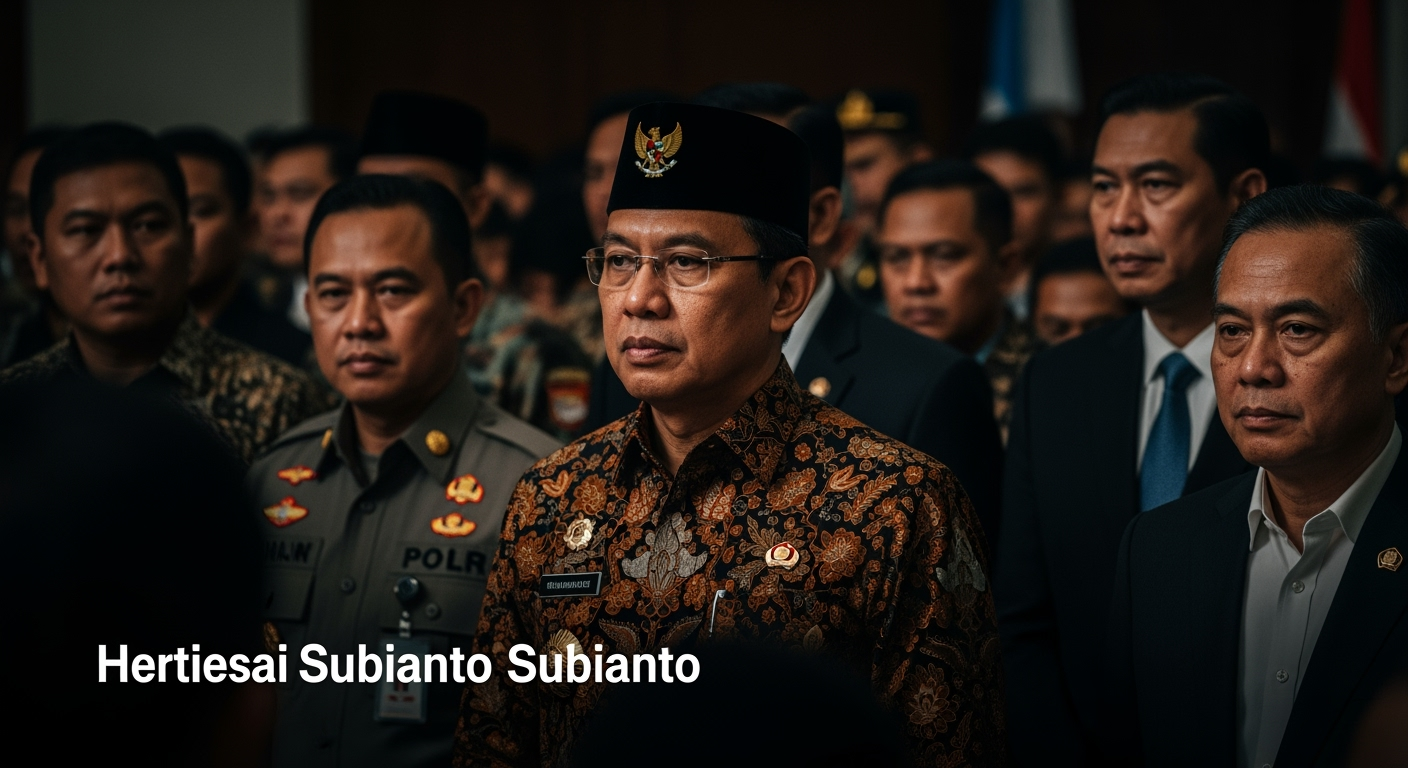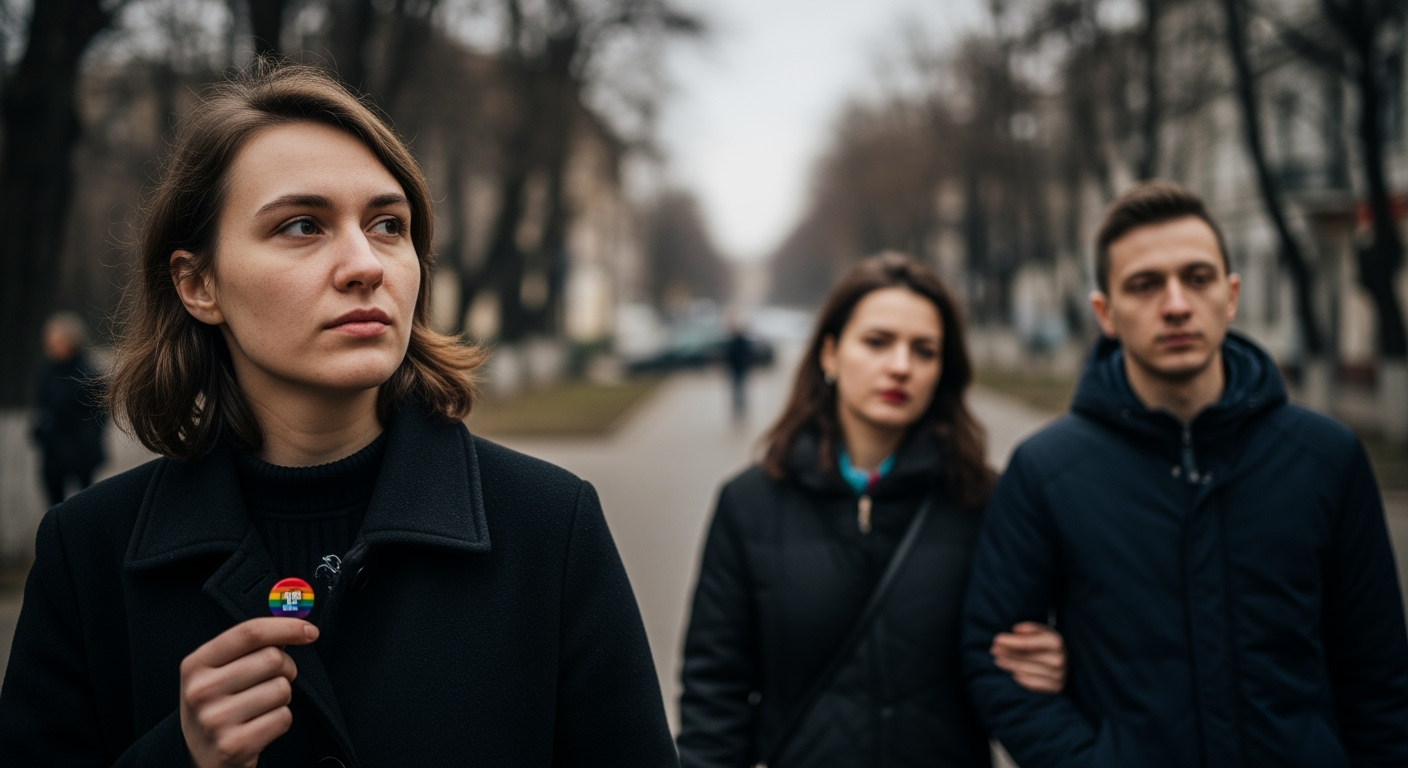Related Articles

Turkish Cypriots Elect Erhürman in Landslide, Sending Complex Signals to Ankara

China Navigates Critical Economic Crossroads with Ambitious New Five-Year Plan





CHISINAU, Moldova – The LGBTQ+ community in Moldova finds itself at a pivotal juncture, experiencing a complex interplay of burgeoning hope and entrenched homophobia. While recent years have witnessed notable advancements in legal protections and a growing visibility of LGBTQ+ individuals, deep-seated societal prejudices, often amplified by conservative religious and political forces, continue to pose significant challenges to full acceptance and equality in the Eastern European nation. The aspiration for European Union membership stands as a potent, if sometimes inconsistent, catalyst for change, pushing Moldova towards greater human rights alignment while a large segment of its population remains resistant to evolving social norms.
Moldova has made demonstrable progress in its legal framework concerning LGBTQ+ rights, particularly over the last decade. Homosexuality was decriminalized in 1995, marking a foundational step. A significant milestone occurred in 2012 with the adoption of an anti-discrimination law that explicitly included sexual orientation in employment protections. This initial legal advancement was a direct prerequisite for Moldova to secure a visa-waiver program with the European Union, underscoring the influence of international pressure on domestic policy. Further expanding these protections, Moldova amended its Criminal Code in 2022 to include sexual orientation and gender identity as protected characteristics against hate crimes and hate speech. By 2023, broader anti-discrimination laws were enacted, extending protections across various sectors, including housing.
These legislative changes have not gone unnoticed on the international stage. In 2012, ILGA-Europe, an LGBTQ+ advocacy group, ranked Moldova last among 49 European countries for its LGBTQ+ legislation. By 2023, the country had climbed to 23rd place, a remarkable ascent attributed to its continuous efforts in expanding anti-discrimination laws. The European Court of Human Rights (ECHR) has also played a crucial role, ruling in 2012 that Moldova's banning of a Pride march violated human rights, and most recently, in January 2023, mandating that Moldova legally recognize same-sex partnerships under the right to private and family life. This landmark "Fedotova ruling" exerts significant international pressure on Chisinau to implement concrete legislative measures for same-sex couples, although direct recognition of same-sex unions remains absent from Moldovan law.
Despite legal advancements, the lived reality for many LGBTQ+ Moldovans is starkly different, marked by widespread social intolerance. Public opinion surveys consistently reveal high levels of prejudice. A 2017 Pew Research Center survey indicated that 92% of Moldovans believed homosexuality should not be accepted by society. Years later, a 2022 national survey found that 64% of respondents would "exclude" LGBT people from Moldova, while a 2023 report from GenderDoc-M, Moldova’s leading LGBTQ+ rights organization, showed 79% would not accept LGBT+ individuals as neighbors and 60% would not want to work with them. These figures underscore that LGBTQ+ individuals remain the least accepted minority group in Moldova.
The Moldovan Orthodox Church exerts substantial social and political influence, often actively campaigning against LGBTQ+ rights, including Pride events, same-sex partnerships, and inclusive education. Political figures frequently echo these sentiments, with instances of derogatory remarks and proposals for "propaganda" bans similar to those in Russia. In 2022, the autonomous region of Gagauzia passed a motion prohibiting media from reporting on LGBTQ+ topics and banning pride marches, while the separatist region of Transnistria declared 2024 the "Year of Family Values," implicitly targeting LGBTQ+ rights. These actions highlight a persistent ideological resistance to LGBTQ+ equality, often framed as a defense of "traditional values."
Amidst this challenging environment, a resilient LGBTQ+ rights movement, spearheaded by organizations like GenderDoc-M (founded in 1998), continues to advocate for change and provide support. Chisinau Pride parades, while historically facing significant opposition and sometimes requiring substantial police protection against violent counter-demonstrators, have steadily grown in participation and visibility. The 2023 Pride march, for example, was described as the largest in Moldova's history, with hundreds of participants and a notably reduced number of counter-protesters. These events serve not only as demonstrations for rights but also as crucial opportunities for community building and fostering hope.
There are also nascent signs of shifting attitudes, particularly in urban centers. A 2022 survey conducted in Chisinau indicated that 55% of residents held positive or neutral views toward LGBTQ+ people, a significant increase from 33% three years prior. Youth-led initiatives in schools and universities are creating safer spaces, and social media is increasingly used to foster community and visibility. Furthermore, in some instances, state institutions have begun to uphold anti-discrimination principles. The Equality Council, for example, ruled in favor of a gay soldier subjected to homophobic abuse, leading to disciplinary actions and training for military psychologists. The fining of individuals for anti-LGBTQ+ hate speech on platforms like TikTok also sets a precedent. The launch of LGBTQ+ media platforms, such as Bang Bang, further contributes to visibility and dialogue.
Despite the legal and visible progress, substantial hurdles remain. The ECHR's ruling on same-sex partnerships has yet to translate into concrete national legislation, as Moldova's constitution still defines marriage exclusively as a union between a man and a woman. Transgender individuals face particular difficulties, as legal gender recognition often requires a psychiatric diagnosis, and the commission responsible for issuing diagnostic certificates was disbanded in January 2023, effectively halting legal gender change procedures. Many transgender Moldovans are forced to leave the country for gender-affirming care, facing painful choices that can sever ties with their homeland.
The enduring influence of the Orthodox Church and the often-homophobic rhetoric of political leaders continue to fuel a hostile environment where discrimination and violence are commonplace. Moreover, while legal protections exist, their enforcement can be weak, and many LGBTQ+ individuals remain hesitant to report incidents to authorities due to a perception of police intolerance. The disparity between legal rights and social acceptance underscores that legislative changes are merely a framework; true equality demands a fundamental shift in societal attitudes.
As Moldova continues its pro-Western trajectory and its bid for EU membership, activists remain cautiously optimistic that adherence to European human rights standards will gradually improve the situation. However, they recognize that legal advancements do not automatically equate to societal tolerance. The journey toward full acceptance for LGBTQ+ people in Moldova is a complex and ongoing one, characterized by the unwavering efforts of activists and allies striving to bridge the persistent gap between progressive legislation and deeply entrenched cultural resistance. The hope is that with each step forward, whether in legislation or public visibility, Moldova moves closer to a future where all its citizens can live free from prejudice and fear.